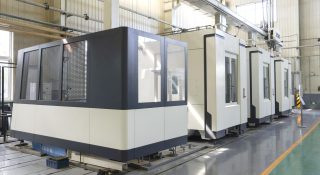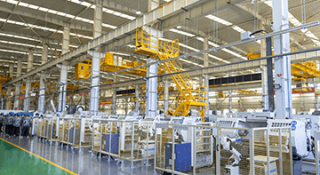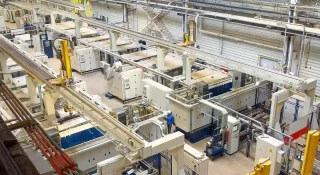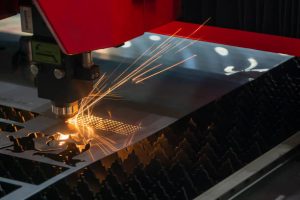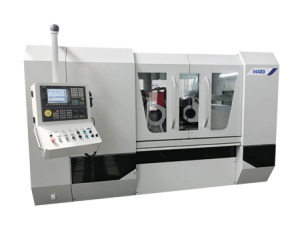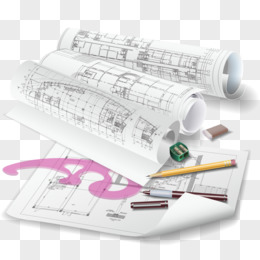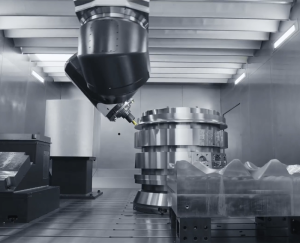A machine shop, also known as a machining shop or machine workshop, is a pivotal component in the manufacturing sector. These specialized facilities are dedicated to the precision crafting and modification of metal parts and components. They utilize a range of advanced machinery and tools to transform raw materials into intricate, high-quality products. Whether you’re considering starting a project, seeking maintenance solutions, or looking to understand the backbone of manufacturing processes, understanding what a machine shop is and how it operates can provide valuable insights into its role and significance in various industries.
What is a Machine Shop?
A machine shop is a workshop or factory where machine tools are used to produce precision parts and components. The term “machine shop” encompasses a range of facilities, from small-scale operations that handle custom jobs to large-scale production environments that manufacture components in bulk. The core function of a machine shop involves shaping materials like metals, plastics, and composites through processes such as cutting, drilling, and milling.
Types of Machine Shops
Machine shops come in various types, each designed to meet specific needs:
- Job Shops: These facilities focus on custom, small-batch production. They cater to diverse customer needs and projects, making them highly flexible.
- Production Shops: These are geared towards large-scale manufacturing, specializing in mass production of identical parts. Efficiency and high throughput are key characteristics.
- Prototype Shops: Used primarily for developing and testing new products, prototype shops are essential for innovation. They help refine designs before full-scale production.
- Maintenance and Repair Shops: These shops focus on the upkeep and repair of machinery and equipment, ensuring that operations run smoothly and minimizing downtime.
Key Components and Equipment
Machine shops are equipped with a range of tools and machinery:
- Machine Tools:
Lathes, milling machines, drilling machines, and grinders are essential for various cutting and shaping tasks.
- Support Equipment:
CNC (Computer Numerical Control) machines and EDM (Electrical Discharge Machining) systems are critical for precision and automation.
- Measuring and Inspection Tools:
Tools like calipers, micrometers, and Coordinate Measuring Machines (CMM) ensure accuracy in measurements and compliance with specifications.
- Material Handling Equipment:
Cranes, conveyors, and forklifts assist in moving and managing materials within the shop.
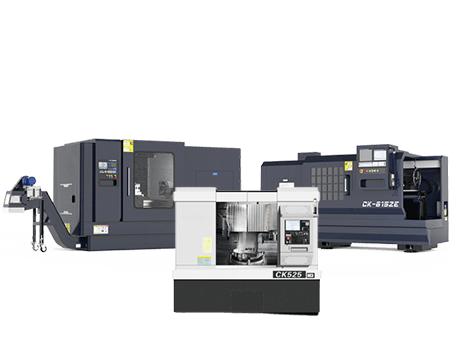
Organizational Structure of a Machine Shop
A well-organized machine shop typically includes:
- Management and Administration: Oversees overall operations, including the shop manager, operations manager, and administrative staff.
- Engineering and Design: Focuses on the design and optimization of manufacturing processes, including design engineers and process engineers.
- Production and Operations: Handles the day-to-day operations, including machine operators, technicians, and maintenance personnel.
- Quality Control and Assurance: Ensures products meet standards through quality inspectors and assurance managers.
- Sales and Customer Service: Manages customer relations and sales, including sales representatives and customer support staff.
Inspection and Quality Control in Machine Shops
Inspection and quality control are critical to ensuring the products meet the required specifications:
- Importance of Quality Control: Consistency and compliance with standards are crucial for product reliability and customer satisfaction.
- Inspection Methods: Techniques include visual inspection, dimensional measurement, and non-destructive testing (NDT) to detect potential flaws.
- Quality Control Tools and Techniques: Tools like Statistical Process Control (SPC), control charts, and root cause analysis help maintain high standards.
- Quality Assurance Processes: Includes documentation, process improvement initiatives, and adherence to certifications such as ISO standards.
Workflow and Processes
The typical workflow in a machine shop involves:
– Order Intake and Planning: Receiving orders, quoting, and project planning.
– Production Process: Involves setup, machining operations, and finishing.
– Quality Assurance: Ensures products meet quality standards through rigorous inspection.
– Delivery and Post-Production: Includes packaging, shipping, and after-sales support.
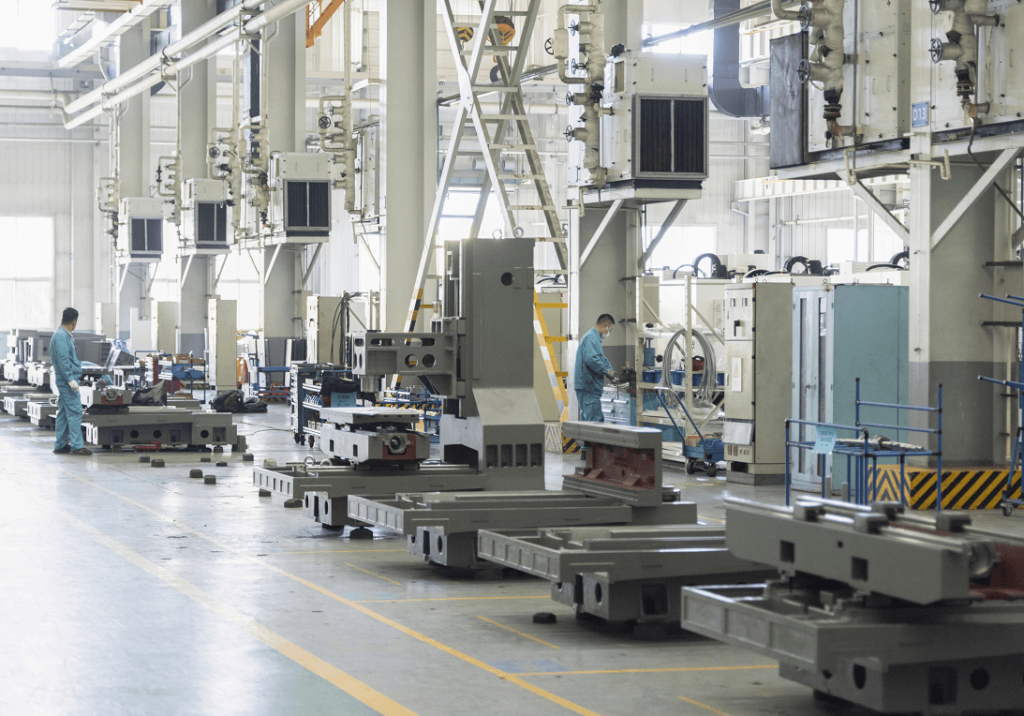
Safety and Maintenance Practices
Safety and maintenance are paramount in a machine shop:
- Safety Protocols: Use of personal protective equipment (PPE) and adherence to emergency procedures.
- Routine Maintenance: Includes scheduled and preventive maintenance to avoid equipment breakdowns.
- Troubleshooting and Repairs: Addresses any issues that arise during operations to minimize downtime.
Technological Trends and Innovations
Machine shops are continually evolving with technological advancements:
- Advancements in Machine Tools: Enhanced precision and efficiency with modern machine tools.
- Integration of Automation and Robotics: Automation improves productivity and reduces human error.
- Use of Advanced Materials and Techniques: Incorporation of new materials and manufacturing techniques.
- Future Trends: Emerging technologies like 3D printing and IoT integration.
Challenges and Opportunities
Machine shops face various challenges and opportunities:
- Common Challenges: Includes skill shortages, equipment upgrades, and supply chain issues.
- Opportunities for Growth: Emerging markets, new technologies, and training programs offer growth potential.

Conclusion
Machine shops play a crucial role in the manufacturing landscape. Understanding their functions, equipment, and organizational structure can provide valuable insights into their impact on production and innovation. As technology advances, machine shops will continue to evolve, offering new opportunities and facing new challenges.
FAQs
What types of products are typically made in a machine shop?
Machine shops produce a wide range of products, including automotive parts, aerospace components, and custom machinery parts.
How does a machine shop ensure product quality?
Quality is ensured through rigorous inspection methods, quality control tools, and adherence to industry standards.
What safety measures are implemented in a machine shop?
Machine shops implement safety protocols including PPE, emergency procedures, and regular maintenance to ensure a safe working environment.


